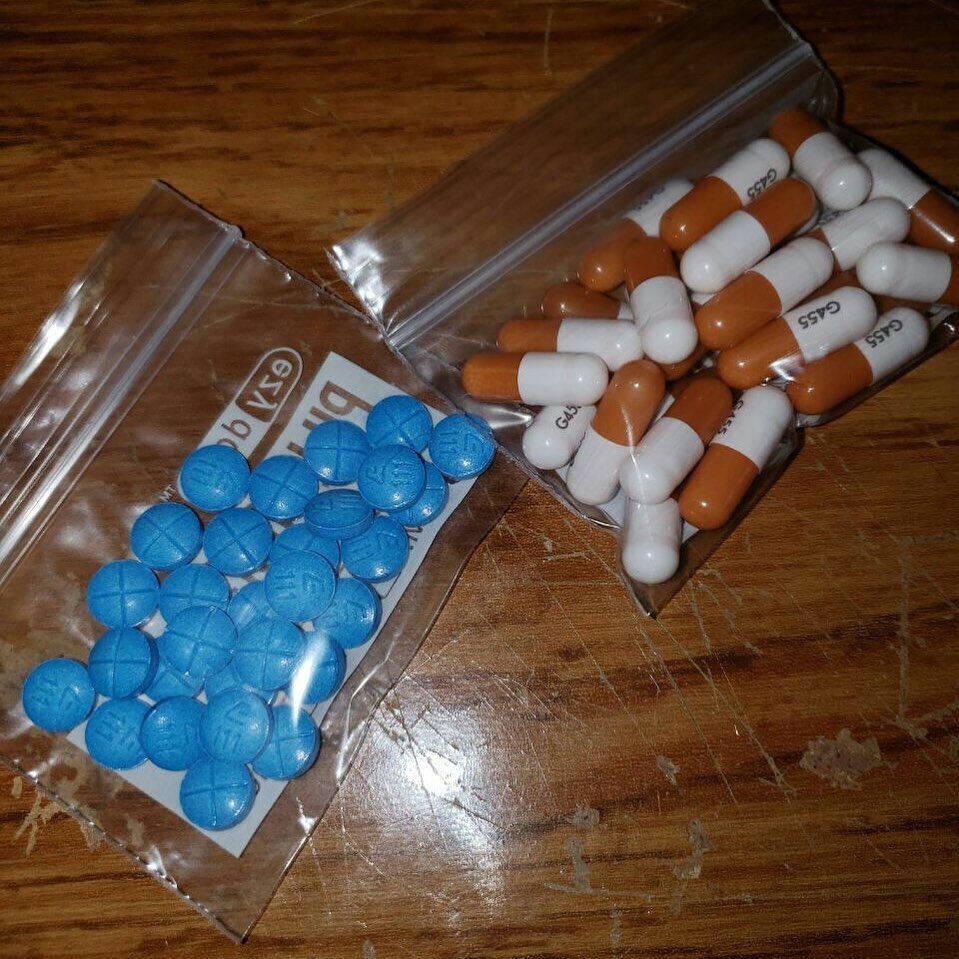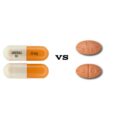Frequent bowel movements is a condition in which a person defecates (eliminates waste from the bowel) more often than usual. There is no “normal” number of bowel movements. Many healthcare providers agree that healthy bowel movement frequency can range from three times a day to three times a week.
However, your ‘normal’ pattern may be different from these numbers. To say that a person’s bowel movements have become more frequent is based on an increase in that person’s usual pattern, not on a standard definition that applies to everyone. The two main bowel movement conditions are constipation (fewer than three bowel movements per week) and diarrhea (more than three movements of loose stools per day).
What is Adderall?
Adderall is a combination of two stimulant substances, dextroamphetamine and amphetamine. These stimulants increase the activity of the central nervous system, which controls pathways in your brain and spinal cord that are responsible for most of your bodily functions.
So, when you take a stimulant medication like Adderall, you may have mind and body effects such as:
- Increased alertness
- Higher energy levels
- Improved focus
- Faster heart rate
- Higher blood pressure
- Decreased restlessness and fidgeting
- Longer attention span and ability to finish tasks
Adderall is one of the most commonly prescribed medications for ADHD. But it may also be prescribed for other conditions like narcolepsy, a rare sleep disorder that causes daytime sleepiness.

Adderall comes in two forms:
Immediate-release version: You take it 2-3 times per day. The US Food and Drug Administration (FDA) recommends that ADHD patients should start with 5 mg of Adderall once or twice per day and increase as needed up to 40 mg per day. Children as early as 3 years old can take the immediate release version.
Extended-release capsule: You take it once per day and it delivers a steady dose throughout the day. The FDA recommends using 20 mg per day and children as young as age 6 can take the extended-release capsule.
Adderall works for many, but not all. According to the Cleveland Clinic, Adderall helps improve symptoms in 70% of adults with ADHD and 70%-80% of children.
Adderall will likely work best if it is combined with other ADHD treatments, like organizational skills training or cognitive behavioral therapy, a type of therapy that helps to change negative thought and behavior patterns.
Does Adderall make you poop frequently?
Yes, Adderall can make you poop frequently as this is one of the most common side effect of the medication. Taking Adderall can sometimes be characterized by abnormally loose or watery stools which often lead to loss of fluids. People can replace fluids by simply drinking more of them. In severe cases, however, a person may need intravenous fluids. Water and oral rehydration solution or salts can help as the small intestine absorbs the water or solution to replace the water and electrolytes lost in the stool.
When to See Your Doctor
While occasional bouts of Adderall induced diarrhea are common and not a cause for concern, Adderall induced diarrhea can become dangerous if it leads to severe dehydration. It can also signal an infection or a more serious health issue.
Visit your doctor right away if you experience any of the following symptoms:
- Diarrhea that lasts more than two days
- Diarrhea accompanied by a fever of 102 degrees F or higher
- Six or more loose stools in 24 hours
- Severe, unbearable pain in the abdomen or rectum
- Bloody stools or stools that are black and tarry or contain pus
- Diarrhea accompanied by frequent vomiting
- Signs of dehydration.
What are the other side effects of Adderall?
Get emergency medical help if you have signs of an allergic reaction to Adderall: hives; difficult breathing; swelling of your face, lips, tongue, or throat.
Call your doctor at once if you have:
- signs of heart problems – chest pain, trouble breathing, feeling like you might pass out;
- signs of psychosis – hallucinations (seeing or hearing things that are not real), new behavior problems, aggression, hostility, paranoia;
- signs of circulation problems – numbness, pain, cold feeling, unexplained wounds, or skin color changes (pale, red, or blue appearance) in your fingers or toes;
- a seizure (convulsions);
- muscle twitches (tics); or
- changes in your vision.
Seek medical attention right away if you have symptoms of serotonin syndrome, such as: agitation, hallucinations, fever, sweating, shivering, fast heart rate, muscle stiffness, twitching, loss of coordination, nausea, vomiting, or diarrhea.
Adderall can affect growth in children. Tell your doctor if your child is not growing at a normal rate while using this medicine.






